Melbourne, VIC, Australia
-
Call Us: 0482 015 925
-
Mail Us: info.turbopest@gmail.com
Let us take care of your pest problem in Melbourne. We'll tailor our pest treatments to your individual circumstances.
Prevent termites from taking over your home or business in Melbourne with the help of Turbo Pest Control.
Our primary goal is to resolve your pest problem efficiently on the first attempt, ensuring a stress-free experience for you.
A professional pest inspection could be all that is needed to save prospective buyers thousands of dollars.


At Turbo Pest Control we take pride in being your trusted partner in pest management. With a passion for excellence and a commitment to customer satisfaction, our team of dedicated professionals is here to provide you with effective and reliable pest control solutions.
Turbo Pest Control is very proud when we say that we are the company that makes you secure and confident when you have any issues with pests in Melbourne. To quickly and surely destroy the unwanted visitors, our wide range of pest control services are suitably designed. We have the tools that will permanently eradicate pests in your home, no matter if it's ants, roaches, rats, or any other type of bug.
What We Do
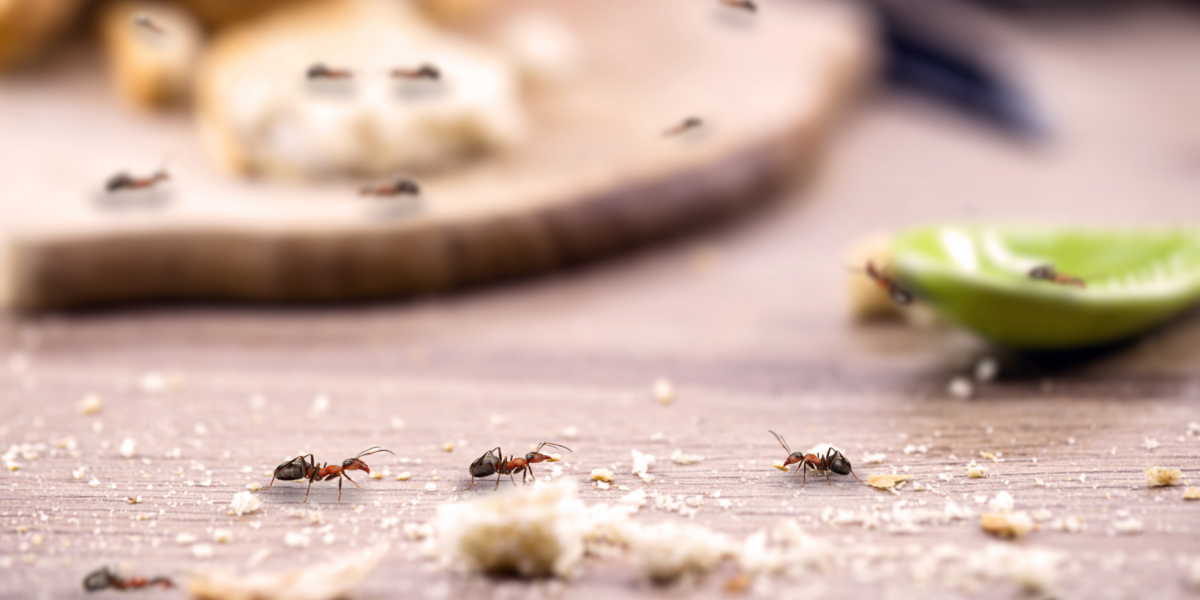
Ants are small insects that vary in size, shape, and function, depending on the species and type. Black, reddish-brown, orange, or other..
Read More
Possums tend to reside in ceilings, chimneys and building eaves, causing noise and structure damage to the home and garden..
Read More
Are you tired of seeing spiders around your Melbourne property? Spiders can create a lot of unease and fear, especially if there..
Read More
If you've ever had a rat invasion in your home, then you know that they are incredibly destructive pests. They chew through wiring..
Read More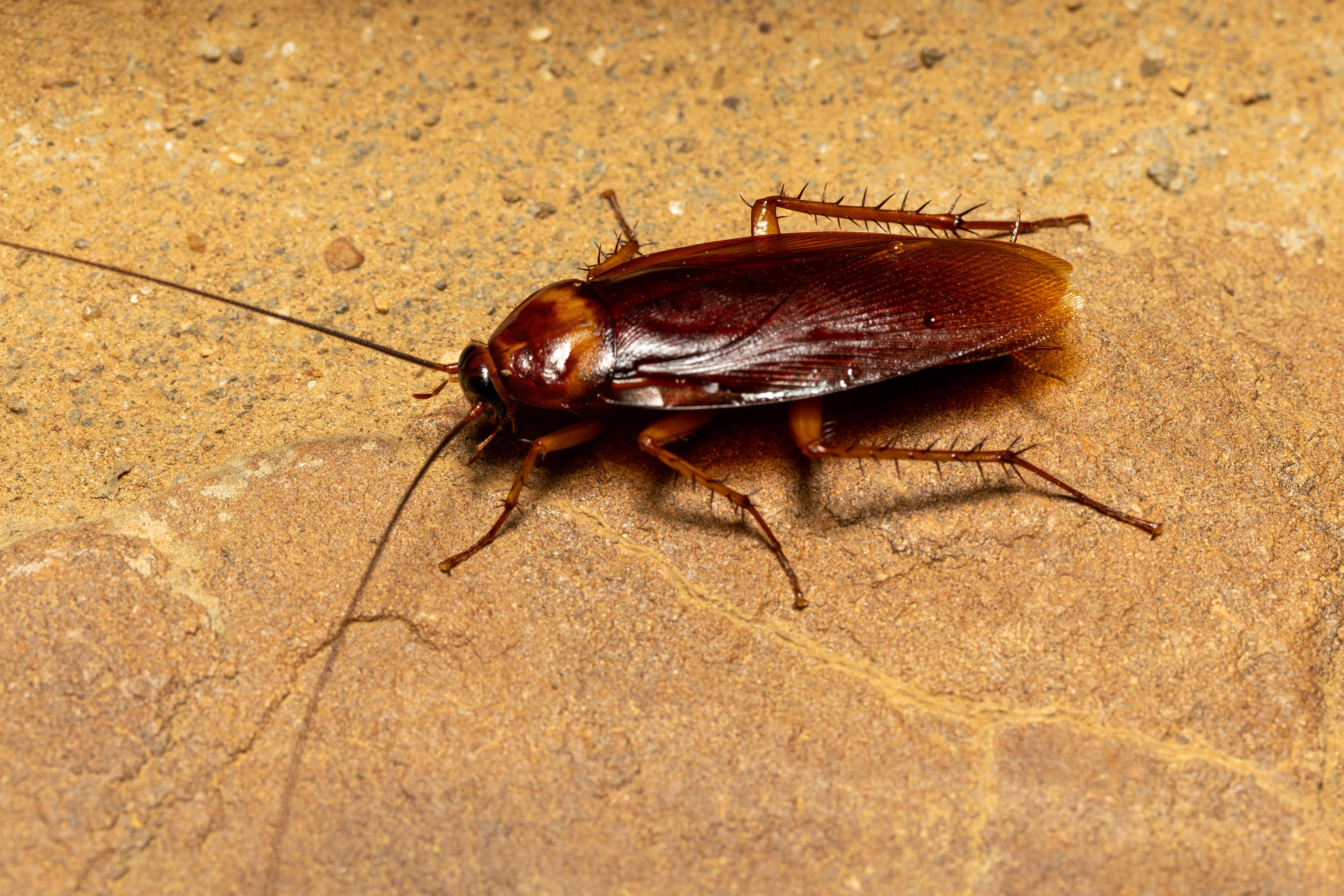
Is there anything worse than having a cockroach in your home? These pesky critters can be difficult to get rid of and can cause a lot of damage..
Read More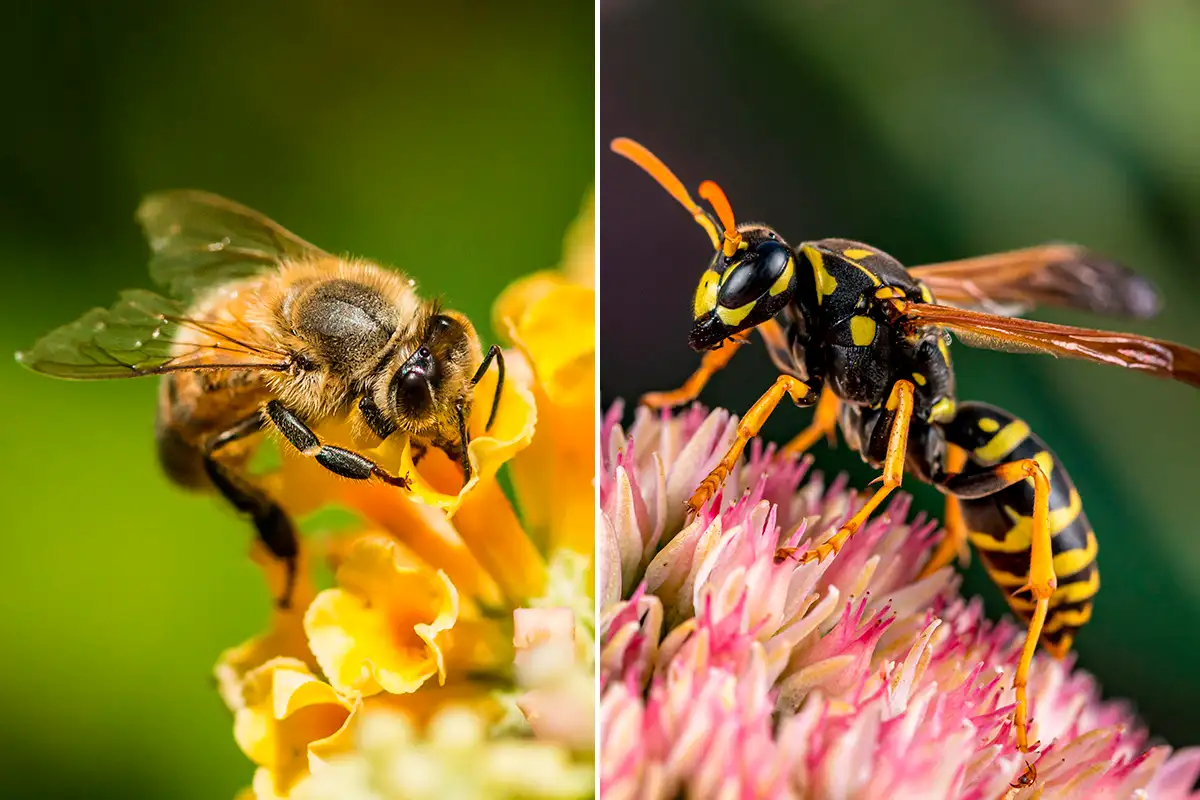
It's important to understand the kind of stinging pest you may be dealing with. For example, you don't want to treat or hurt honeybees..
Read More
Are you constantly dealing with pesky birds taking over your property? If so, Turbo Pest Control has the perfect solution for you!
Read More
Bees are social insects and carry out an important role in nature. However, they can become dangerous pests when nesting in and around...
Read More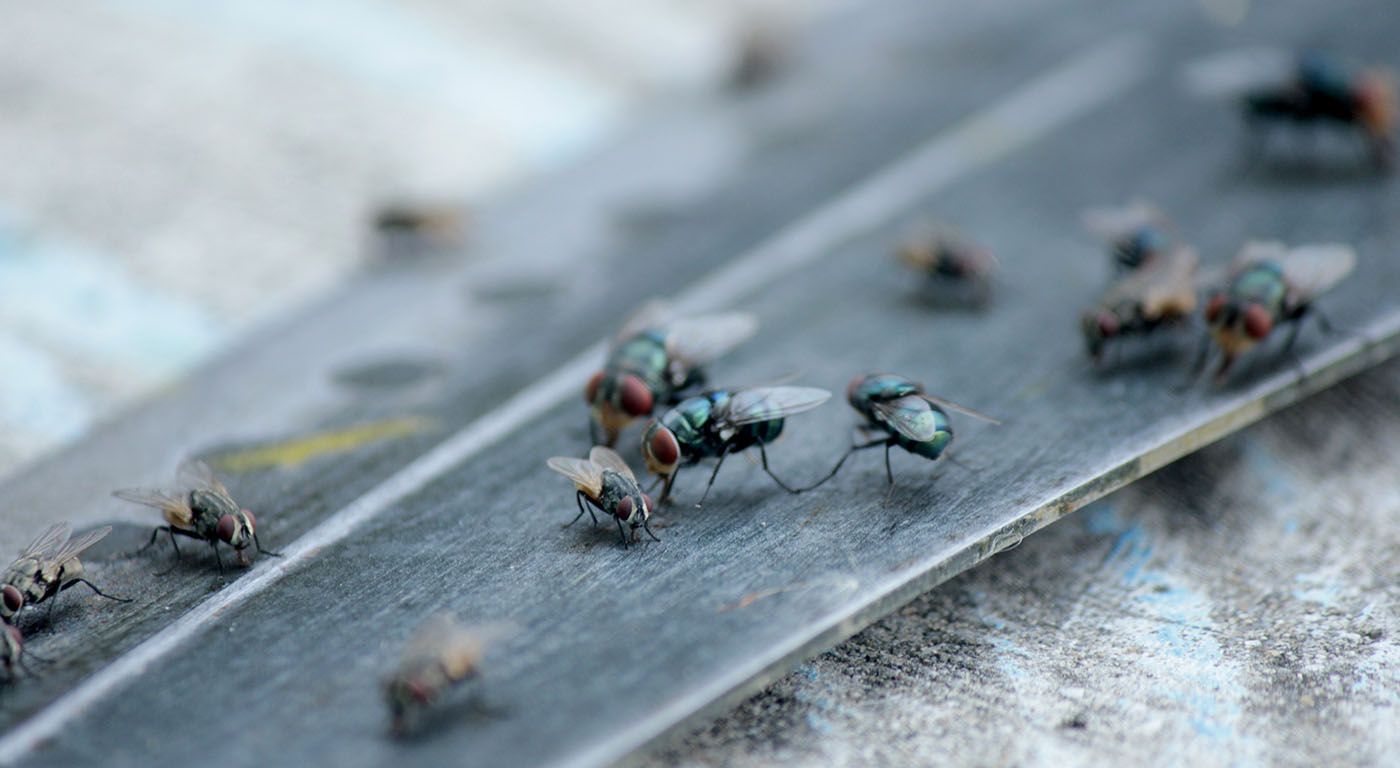
Flies are common household pests that can quickly become a nuisance, contaminate food, and spread diseases. Their rapid breeding..
Read More
Moths may seem harmless, but an infestation can lead to significant damage in homes and businesses. From ruining clothes and fabrics..
Read More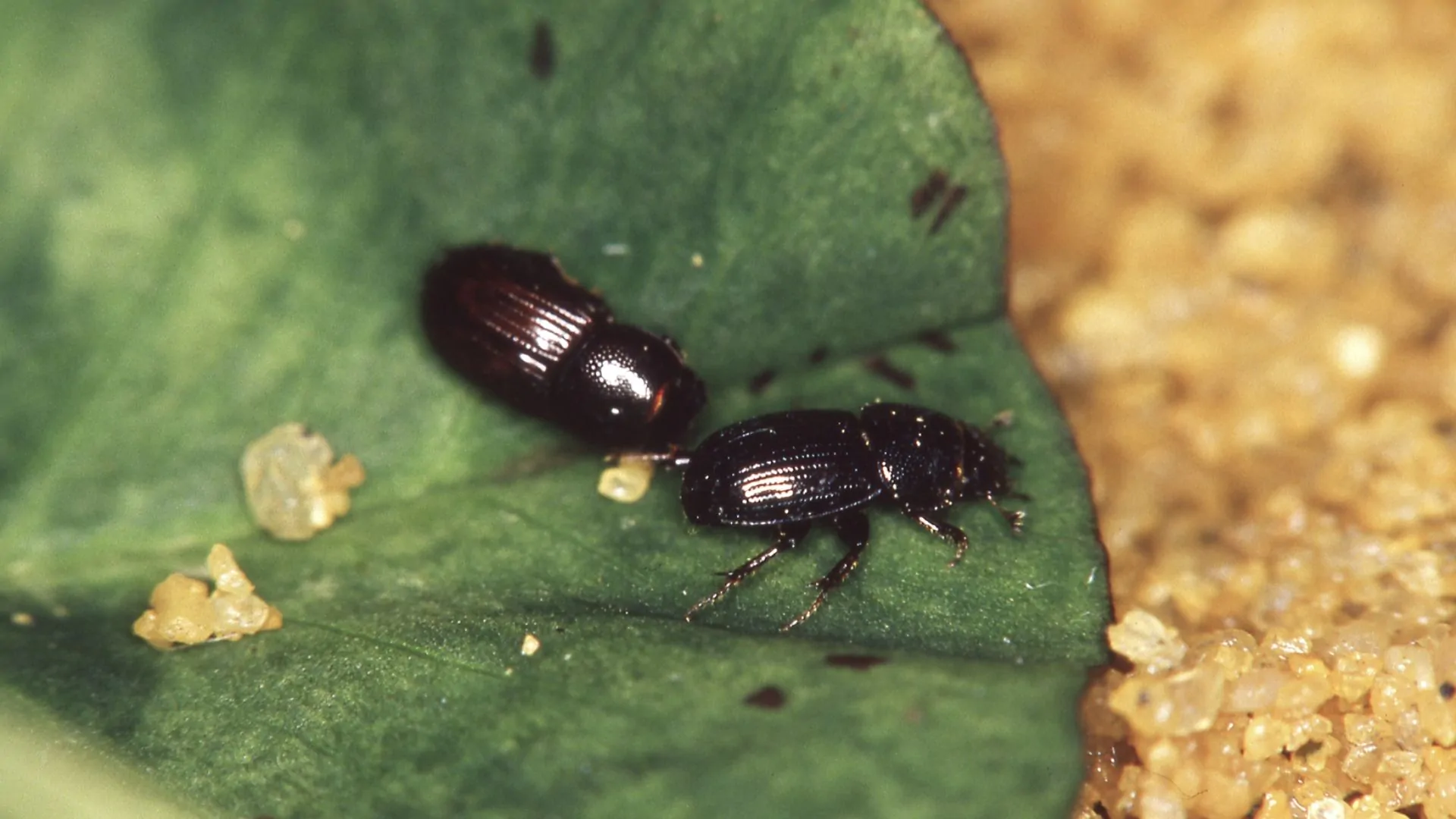
We know the kind of damage beetles can do. Our proven beetle extermination strategies will help keep your home safe from them.
Read More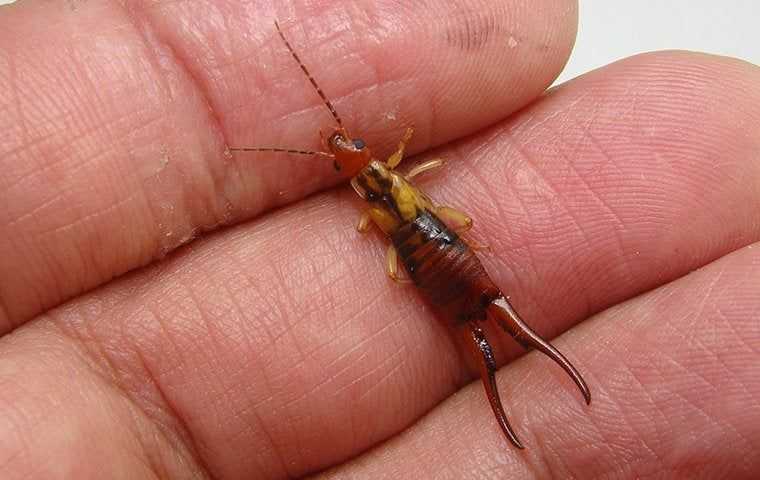
Earwigs range in size from ¼-1 inch long. They have elongated, flattened bodies that vary in color from pale brown with dark markings to..
Read More
Are fleas causing trouble in your Melbourne home or business? Fleas are more than just a nuisance. These tiny pests can cause itching and..
Read More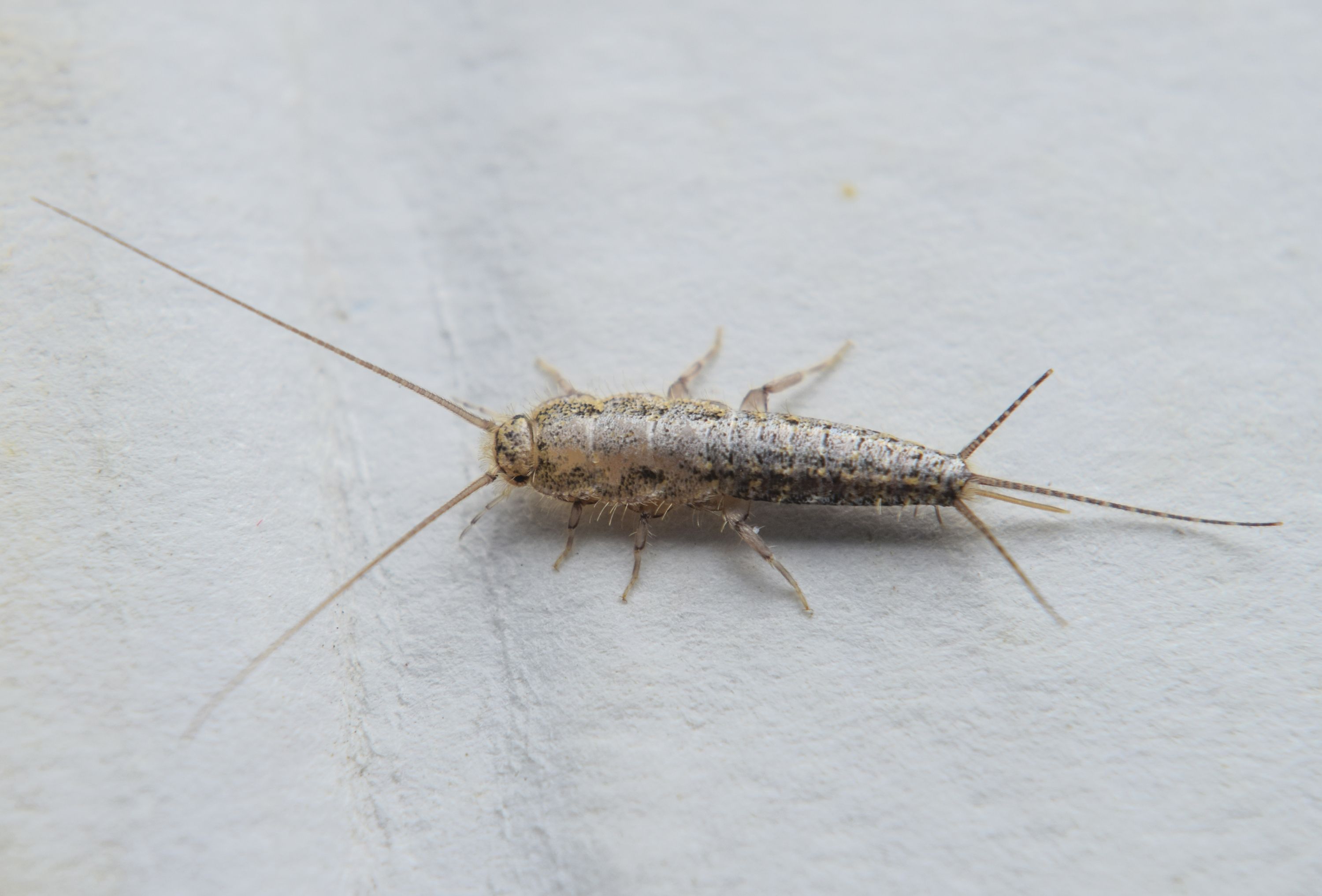
Silverfish are a small, silvery insect found across Australia. They are fish-like in appearance, with a flattened, scaly and slender body that..
Read More
Your bed is a piece of heaven on earth, until something bites you while you're comfortably sleeping. That's the sign that it's time to get...
Read More
We have several treatment methods to deal with the mosquitoes that can threaten your family and pets in the backyard. Mosquitoes leave..
Read More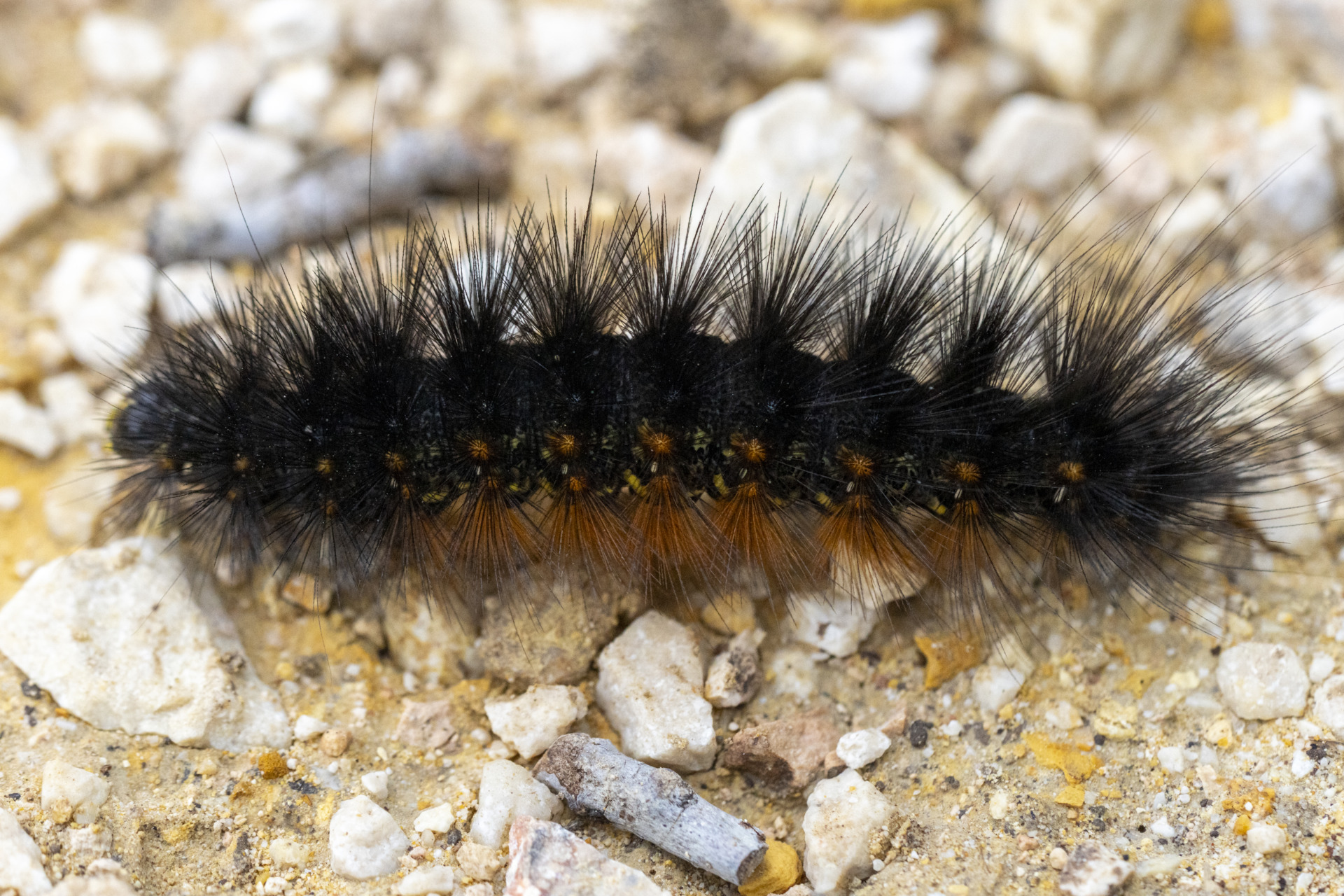
Turbo Pest Control is proud to offer the best Caterpillar removal plan for home owners. We understand the importance of keeping..
Read More
At Turbo Pest Control, we are confident in our abilities to deliver effective pest control solutions, and to prove it, we offer a pest-free guarantee for our clients.

Our team will respond within 24 hours of your call. We pride ourselves in providing timely and quick service to our neighbors.
Our technicians are using PPE including masks, practicing social distancing, and offering contactless payment whenever possible.
Our comprehensive pest management services cover a wide range of pests, from common household insects to more challenging infestations. We utilize the latest technology to resolve your pest issues quickly and efficiently.
From common household pests to more complex infestations, our team has the expertise to handle it all. We offer a wide range of pest control services tailored to meet your specific needs.
We stay up to date with the latest advancements in pest control technology, allowing us to provide you with the most effective and efficient treatments available.
At Turbo Pest Control, our clients are our top priority. We are committed to delivering exceptional customer service, providing you with a hassle-free and pleasant experience from start to finish.



Find answers to common questions about our pest control services, treatments, and safety measures. If you need further assistance, feel free to contact us.
Turbo Pest Control is a family-owned and operated business, and we know you want to keep your own family protected from pests as well as from dangerous chemicals. That’s why we always use harmless methods and pest control products that are safe for children and pets. Call us today for an upfront quote with no hidden fees, and we’ll turn up on time to get rid of these ceitters.
This varies based on several factors, including the types of pests you're dealing with, the intensity of the infestation, and the size of your property. For most properties, pest control services on a quarterly basis are adequate. But, in regions with a high pest population or severe infestations, more frequent pest control might be necessary. No matter how often you require it, pest control Melbourne remains a vital service in maintaining your property and keeping it pest-free. Ensure you remain pest free by opting for professional pest control solutions from Turbo Pest Control.
Because of our climate and environment, there are various pests prevalent across Melbourne. While some may seem inconspicuous, pests account for billions of dollars in property damage and lost business income each year—while posing considerable health risks by carrying bacteria and spreading disease. Attracted to our homes and offices for the food, water, and shelter on offer, an infestation can suddenly become a serious and expensive problem. Pest control services are essential because most pests require specialist skill, knowledge, and experience to eradicate safely. While some DIY pest control methods may offer short term solutions, they rarely provide long term effectiveness—and in a commercial setting, they can't guarantee compliance with your industry's safety or auditory regulations.
Our pest control sprays protect your home and commercial properties from unwanted insects. Doing the right things after spraying will keep the pesky pests at bay. The first thing you need to do after pest control spray is to know everything about the type of treatment you received for safety reasons. Keep your children and pets away from treated areas until they are completely dry. Also, try to avoid mopping or wiping down the perimeter areas of rooms.
Pest control businesses generally offer a free consultation to evaluate your unique requirements. Post consultation, they provide a comprehensive written quote detailing the pest control cost for their services. Always inquire about any ongoing promotions or discounts while hiring a pest control service. At Turbo Pest Control, we offer affordable pest control services tailored to your needs. Whether it's for your residential or commercial property, our pest control business in Melbourne solutions ensure comprehensive coverage. Experience the best pest control service with competitive prices at Turbo Pest Control.
There's no one-size-fits-all solution for how often you should get your home inspected or sprayed. Each property and infestation is different, and therefore some require more regular inspections than others. To safeguard your home or business from pests, Turbo Pest Control offers weekly, monthly, bi-monthly, quarterly, six-monthly, and yearly services depending on your needs. The important thing is to ensure that all pests are safely removed and proper preventative measures are in place to decrease the chances of their return.
We will perform the most appropriate and efficient pest control methods to suit your specific requirements throughout Melbourne. We ensure that your property remains free from pests.